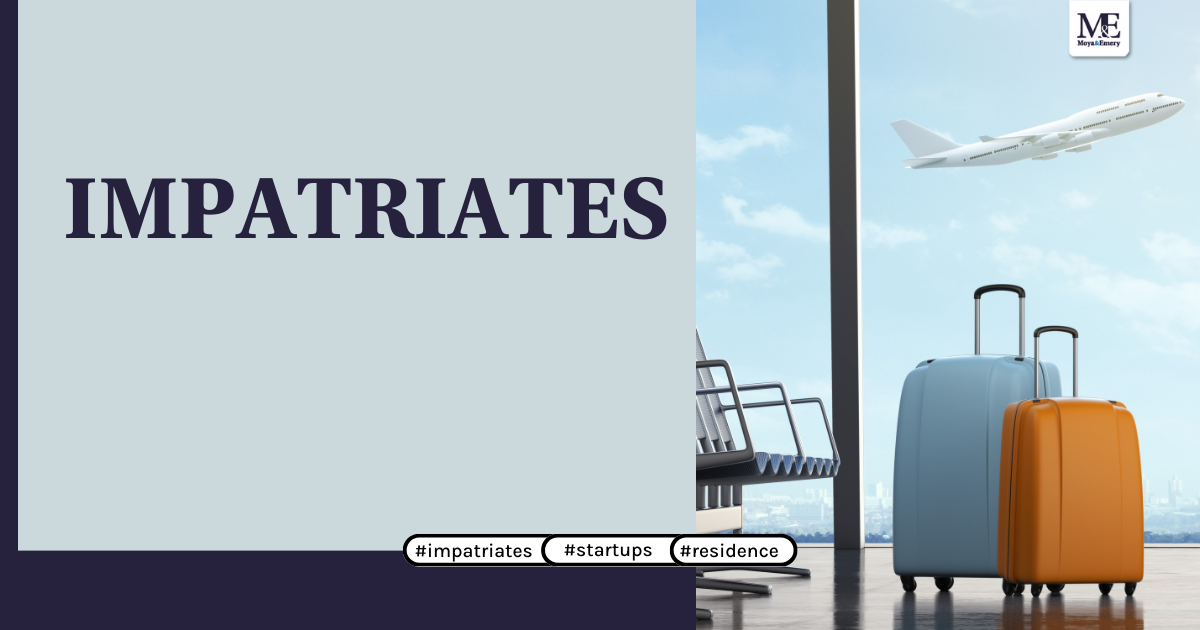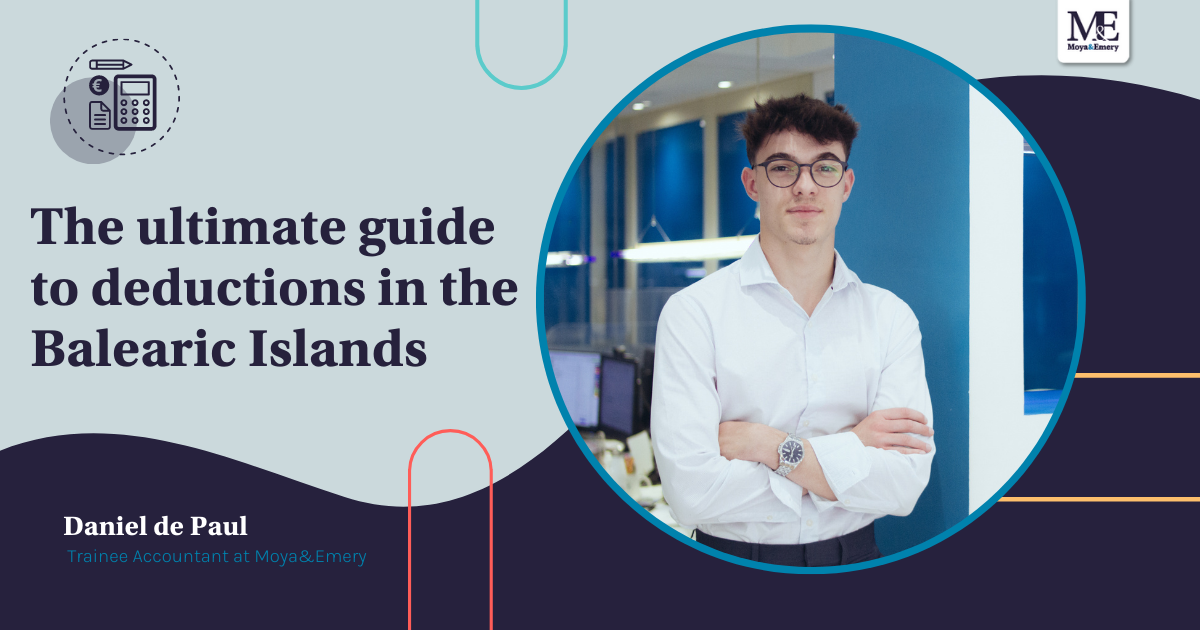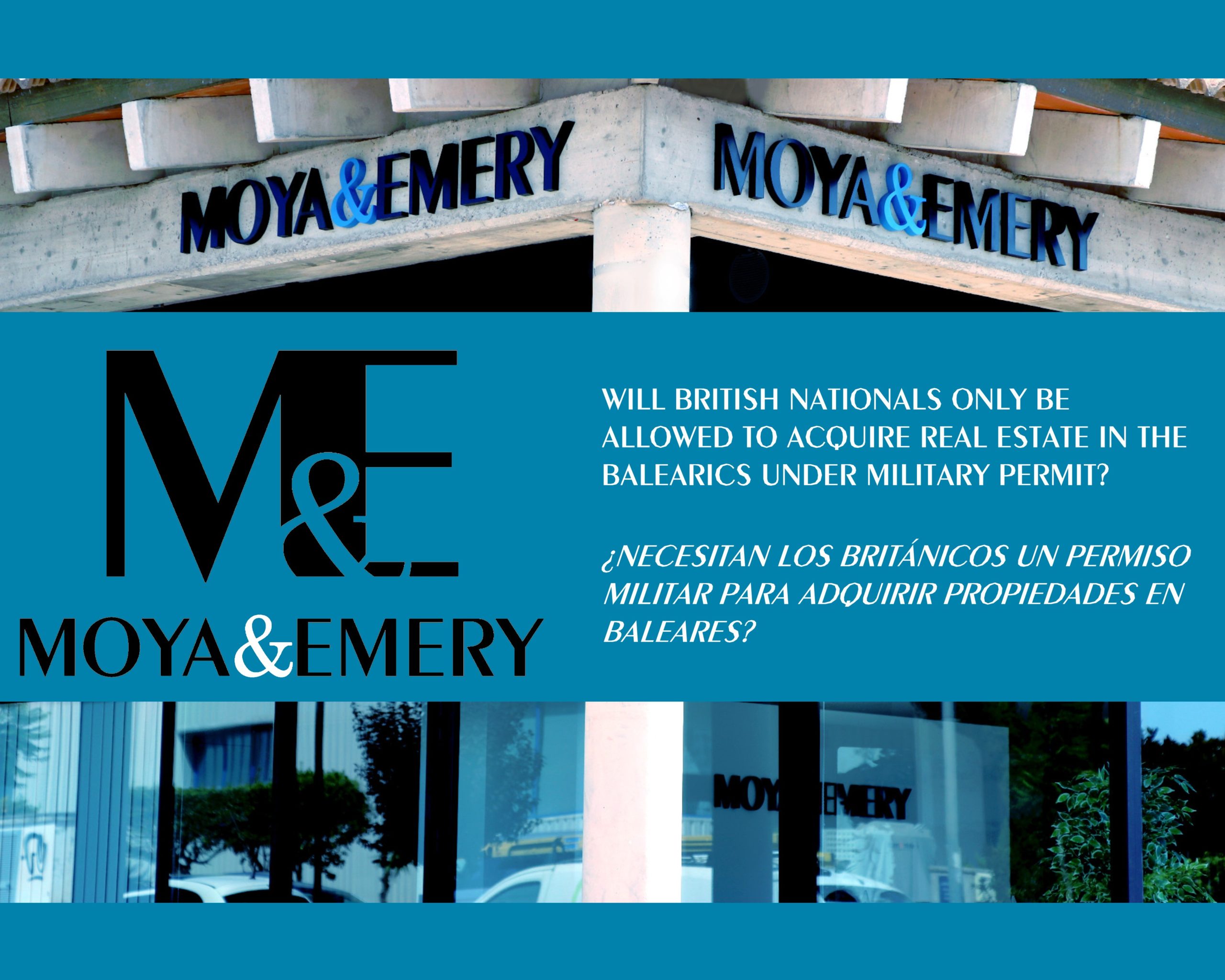Tax advantages of investing through a Holding Company
Tax Advantages of Investing Through a Holding Company As an investment planning and tax advisor at Moya & Emery, I frequently work with clients who […]

Tax Advantages of Investing Through a Holding Company As an investment planning and tax advisor at Moya & Emery, I frequently work with clients who […]

These are the fiscal measures approved by the Budget Law for 2023 that you should consider for your pending tax declarations The majority of the […]

Special tax regime applicable to workers/professionals/entrepreneurs/investors posted to Spanish territory. IMPATRIATES Individuals who acquire their tax residence in Spain because of their displacement to Spanish […]

WHAT IS THE NIE The concept NIE stands for Número de Identificación de Extranjero (Foreigner Identification Number), it is a document required for foreigners who […]

Taking advantage of deductions continues to be the main weapon of taxpayers to pay less to the Treasury together with good tax planning of their […]

British drivers in Spain will need to put new stickers on their cars from September 28

Will British nationals only be allowed to acquire real estate in the Balearics under military permit?